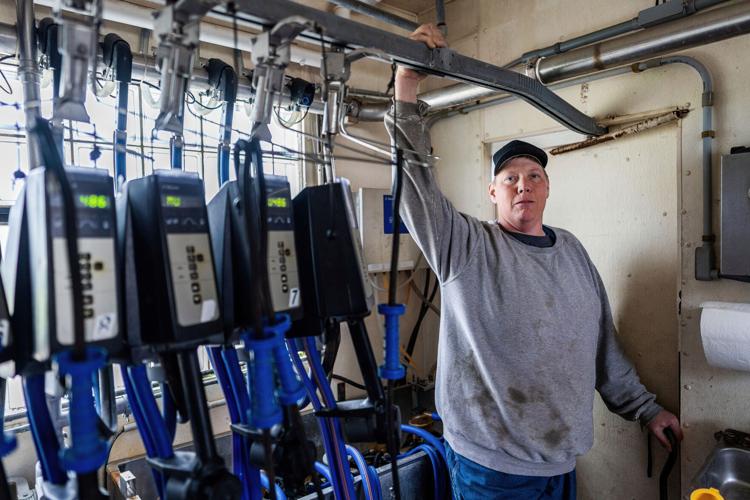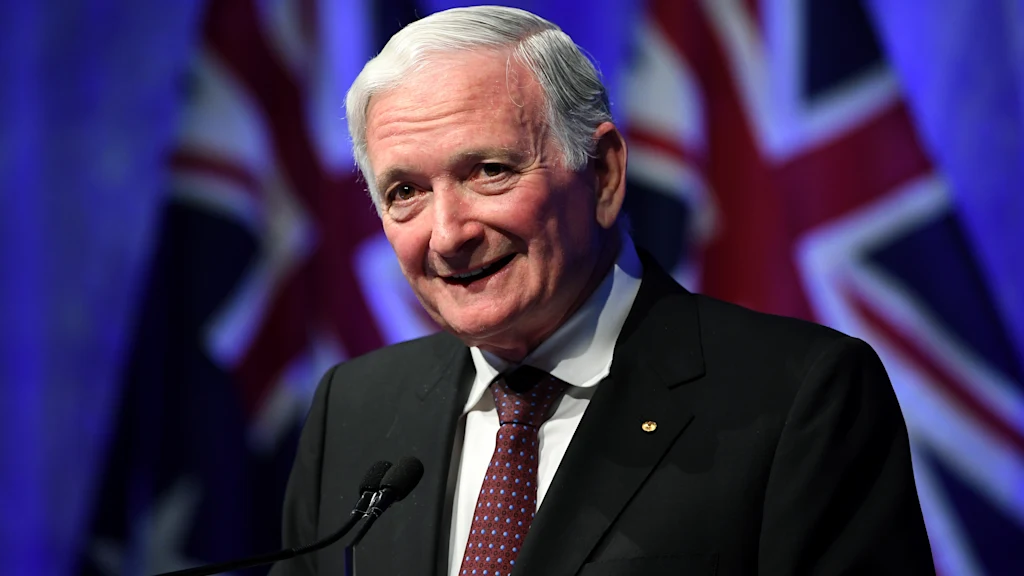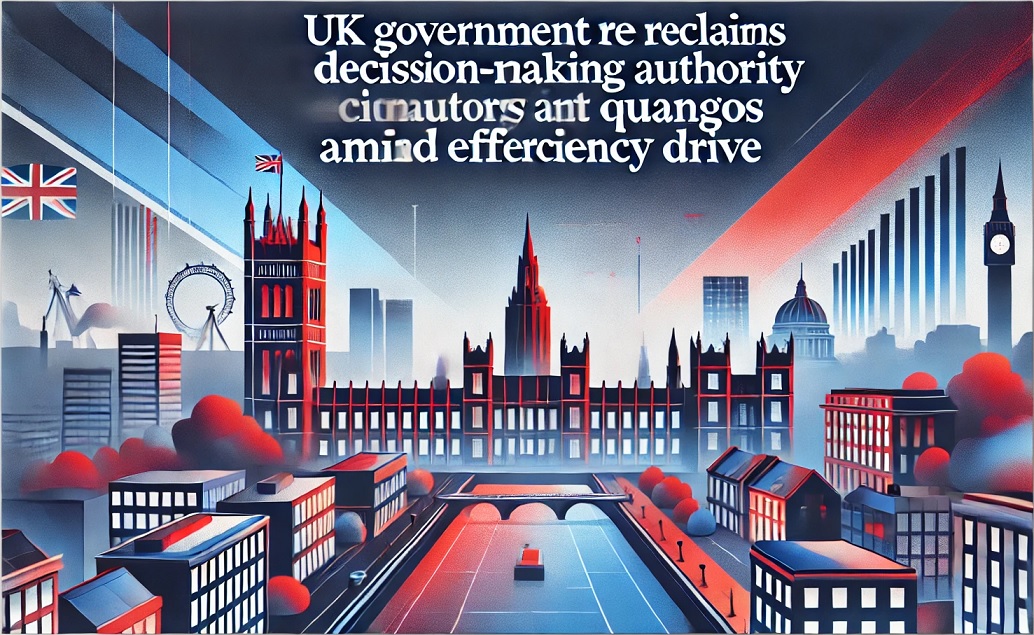A Wisconsin dairy farmer has launched a federal lawsuit against the Trump administration, claiming that USDA financial relief programs are unfairly favoring minority farmers and unlawfully excluding white applicants. The case could spark renewed legal debate over race-based policy frameworks in federal aid distribution.
Harvesting Justice: Wisconsin Dairy Farmer’s Courtroom Crusade
On 17 June 2025, from the rolling green hills of Monroe County, Wisconsin, a lone dairy farmer named Earl R. Matteson has launched a case that transcends the fences of his pasture. With his lawsuit filed this morning in the U.S. District Court for the Western District of Wisconsin, he accuses the former Trump administration of wielding federal farm-aid programs as a tool of racial preference, leaving white farmers unfairly excluded.
Roots of Discontent: A Farmer’s Fight in a Changing Landscape
For Matteson, farming is more than a livelihood—it’s a heritage. His ancestors tilled these lands through cold winters and sweeping harvests, building a legacy grounded in sweat, care, and the ever-present rhythm of rural life. Yet, the pandemic introduced an external hand into his world: federal relief designed to support “socially disadvantaged” farmers. The intent was noble, aimed at righting centuries-old wrongs. But Earl’s lawsuit alleges that the reality was different: that the aid became a mantle hung only upon those who fit a certain racial profile, while others—like him—were shut out.
That exclusion, he argues, is a betrayal. “We all toil under the same sun, draw water from the same earth, and face the same peril of a dry spring or market collapse,” he said. “I’m not against helping those who’ve been ignored. But help must not be doled out by skin colour alone.”
Framing the Legal Battle: Equality vs. Equity
The lawsuit hinges on the 14th Amendment’s Equal Protection Clause, asserting that government aid cannot exclude individuals based on race unless it passes the strict test of legal scrutiny. In Earl’s view, the pandemic-era aid programs did not pass that test. They were, he claims, driven by administrative design that set racial criteria ahead of economic need.
To many, the case is chilling. Opponents warn that this could unravel federal justice efforts across many sectors—education, healthcare, disaster relief—where race-based initiatives are deployed to redress historical disadvantages.
But for Earl, the battle isn’t abstract. It’s grounded in the daily grind: calf feed bills, mortgage rounds, milk prices tied to global demand. He is a man accustomed to fairness in measuring yields and squeezed by the vagaries of weather and market. And he believes that federal programs should be measured with the same yardstick.
Symbolism in the Soil: The Weight of Legacy
This lawsuit carries profound symbolism. It pits a single dairy farmer—a white man from the heartland—against the machinery of federal policy. But that contrast only deepens the drama: Earl is not fighting in defense of privilege—he is demanding universality of opportunity.
The courtroom will become a stage for a national debate: Can programs designed to restore justice do so without creating new levels of exclusion? Is the path to equity ruined if only some are invited to walk it?
In these questions, we see reflections of modern America’s soul-searching. A nation striving to acknowledge past wrongs but cautious not to trample on present fairness. A country wrestling with the tension between collective repair and individual rights.
Federal Silence and Political Fissures
The Department of Justice and USDA have remained largely silent, citing the common refrain: “Because of ongoing litigation, we cannot comment.” But unofficial whispers among legal experts and policy wonks suggest the federal government plans a staunch defence. It intends to argue that past exclusions of minority farmers were systemic and that race-conscious remedies were not only appropriate—they were lawful.
Yet this case lands after a wave of Supreme Court decisions often skeptical of race-based frameworks—especially in higher education and public employment. Many see this case as a barometer of how far federal race-conscious policy can stretch in today’s legal climate.
Divided Grounds: Rural America Reacts
Rural America is listening. The lawsuit has drawn supportive letters and veiled criticism alike from farm organizations and local leaders.
- The Wisconsin State Farmers Association described it as “a conversation long overdue,” while cautioning that the outcome could disrupt ongoing farm equity programs.
- Conversely, Heartland Rural Alliance, a conservative rural coalition, offered Earl words of praise—not only for standing up in defence of what he described as a “shared stake in the land”—but also for giving voice to farmers across racial and economic lines who feel unheard.
Wider Implications: Courts, Culture, Community
The outcome of this case could reshape American public policy. A decision for Earl might constrict federal use of race as a deciding factor in aid; a decision against him could signal judicial openness to race-based redress, provided it’s carefully constructed.
But beyond legal jurisprudence, the case is stirring conversation in church basements, kitchen tables, and county fairs. It’s sharpening a cultural question: How does a community restore fairness without fracturing its moral core?
At its heart, this is a debate about what binds a country together—shared stories, empathy, or strict equality of treatment.
Harvest to Hallowed Halls: Next Steps
Over the coming months, attorneys on both sides will collect evidence: USDA internal communications, program guidelines, documentary impact studies, farm-level financials. There’ll be depositions, expert testimonies, litigation strategy—and inevitably, friction.
Meanwhile, Earl will continue to run his dairy. He will feed his calves, pay the bills, and mark the seasons. But with each sunrise in those pasturelands, he carries more than hay bales—he carries the hope that his lawsuit will remind America that equity must keep its footing in fairness.
A Farming Man’s Legacy
Regardless of what the courts decide, Earl Matteson will be remembered. Not as a complainer, but as a man who challenged the assertion that rules meant for correction can never themselves be corrected. A man who stood up and said: “If we’re going to heal, let’s heal together.”

















Comments 0